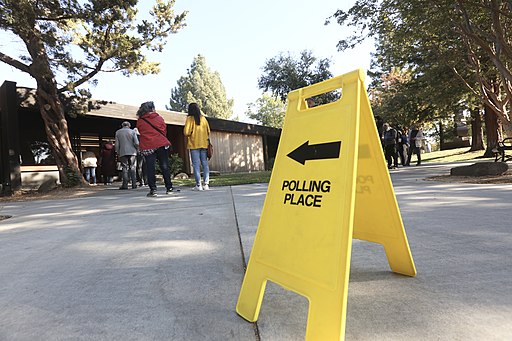Well, here we are: The final scenes of Debt Ceiling Theater 2023. After endless rounds of “tense negotiations,” punctuated by smack talk between the big players and weird Hail Mary proposals from the cheap seats, US president Joe Biden and House Speaker Kevin McCarthy announced a deal over Memorial Day Weekend.
Congress still has to pass the thing, of course, but chances are they’ll pass, and Biden will sign, SOMETHING before Treasury Secretary Janet Yellen runs out of couch cushions to rifle through for spare change to keep the government running.
Let’s have a look at the deal’s features. The envelope, please?
First, the deal pushes the NEXT debt ceiling dust-up off until January 2025. The standard phrasing for that is “kicking the can down the road,” but I think we need a different metaphor here. This is a political disarmament deal. Both major parties are agreeing that the “national debt” won’t be an issue in the 2024 presidential election. How convenient.
Second, non-“defense” discretionary spending will remain at current levels through 2024 and rise by 1% in 2025. Which, without increases in tax revenue, means that the annual deficit and overall debt will continue to rise (especially as the interest payments on EXISTING debt increase).
And third, “defense” spending will rise by 3.3%, in line with Biden’s budget request.
If you’re not serious about cutting spending, you’re not serious about reducing the deficit or paying down the government’s debt.
And if you’re not serious about cutting “defense” spending — by far the single largest discretionary item in the federal budget — you’re not serious about cutting spending.
Instead of political disarmament deals to ensure nobody gets embarrassed on the 2024 campaign trail, Congress and the President should make a REAL disarmament deal that cuts US military spending by an absolute minimum of 10% per year for the next five years.
If everything else was left alone, applying that 10% annual “defense” cut to debt PRINCIPLE would simultaneously reduce existing funding needs for debt SERVICE, while putting more people and more money back into the productive economy.
Yes, the Department of Defense would remain a bloated money pit even after a 50% total cut — leaving the US in still in first place among worldwide military spenders by far. The eventual reduction should be more along the lines of 90% if actual “national defense” is the metric we want to measure by.
But they’ve got to start somewhere, right?
Or, more likely, finish somewhere: In default.
Thomas L. Knapp (Twitter:@thomaslknapp) is director and senior news analyst at the William Lloyd Garrison Center for Libertarian Advocacy Journalism (thegarrisoncenter.org). He lives and works in north central Florida.
PUBLICATION/CITATION HISTORY



